The course proposes to raise awareness on the need to promote a human rights education that fosters equality among all people in their opportunities and respect for the values of human rights and human diversity. In the current context, it is essential to strengthen the training of teachers in the field of human rights aimed at overcoming discrimination, marginalization and exclusion. The challenge is to generate knowledge to respect diversity, as well as to create new forms of coexistence that promote respectful human relations for democratic and inclusive societies.
The course proposes to generate self-reflection of the participants on their own beliefs about human diversity. Subsequently, the regulations on human rights are studied, as well as the various social realities that contribute to the development of more inclusive and participatory democratic societies.
Justification
Faced with the realization that we are living in a world in crisis, characterized by poor planning on the part of many societies and governments that do not carry out the necessary actions aimed at avoiding social injustices, the initiative arose to design a course on Human Rights from an inclusive perspective. This program attempts to approach all the diverse / different groups that exist in our society in order to break prejudices and stereotypes regarding them, seeking to train professionals who are sensitive to these types of common discrimination in society.
The idea is to achieve a training that promotes in people the construction of an inclusive and fair society, where professionals have tools that allow them to act, under the knowledge of Human Rights, without discriminating, without excluding and without trivializing the problems of those who are in a situation of vulnerability.
General Objectives
- Develop an understanding of the need to promote human rights education that fosters respect for diversity, equal opportunities, equity, social justice and dignity of human life.
- Generate knowledge (comprehension, skills and attitudes) and a teaching ethic for the promotion of human rights education in current contexts.
Objetivos Específicos
- Identify personal beliefs and values around human diversity: cultural, sexual, religious, disability, and regional, among others.
- Assume a critical attitude towards stereotypes and prejudices that cause inequality, discrimination and social exclusion.
- Appreciate human diversity that contributes to enrich and strengthen the person and society.
- Study the binomial social and educational exclusion versus inclusion.
- Recognize the international instruments and national regulations that promote human rights related to the subject of the course.
- Inquire about the implementation of educational policies for attention to human diversity in different countries.
- Recognize the importance of inclusive education, its epistemological and axiological principles to address human diversity: cultural, indigenous groups, sexual, religious, disability, regional and other minorities.
- Explore projects and pedagogical experiences of human rights education that promote inclusion.
MEMBERS:
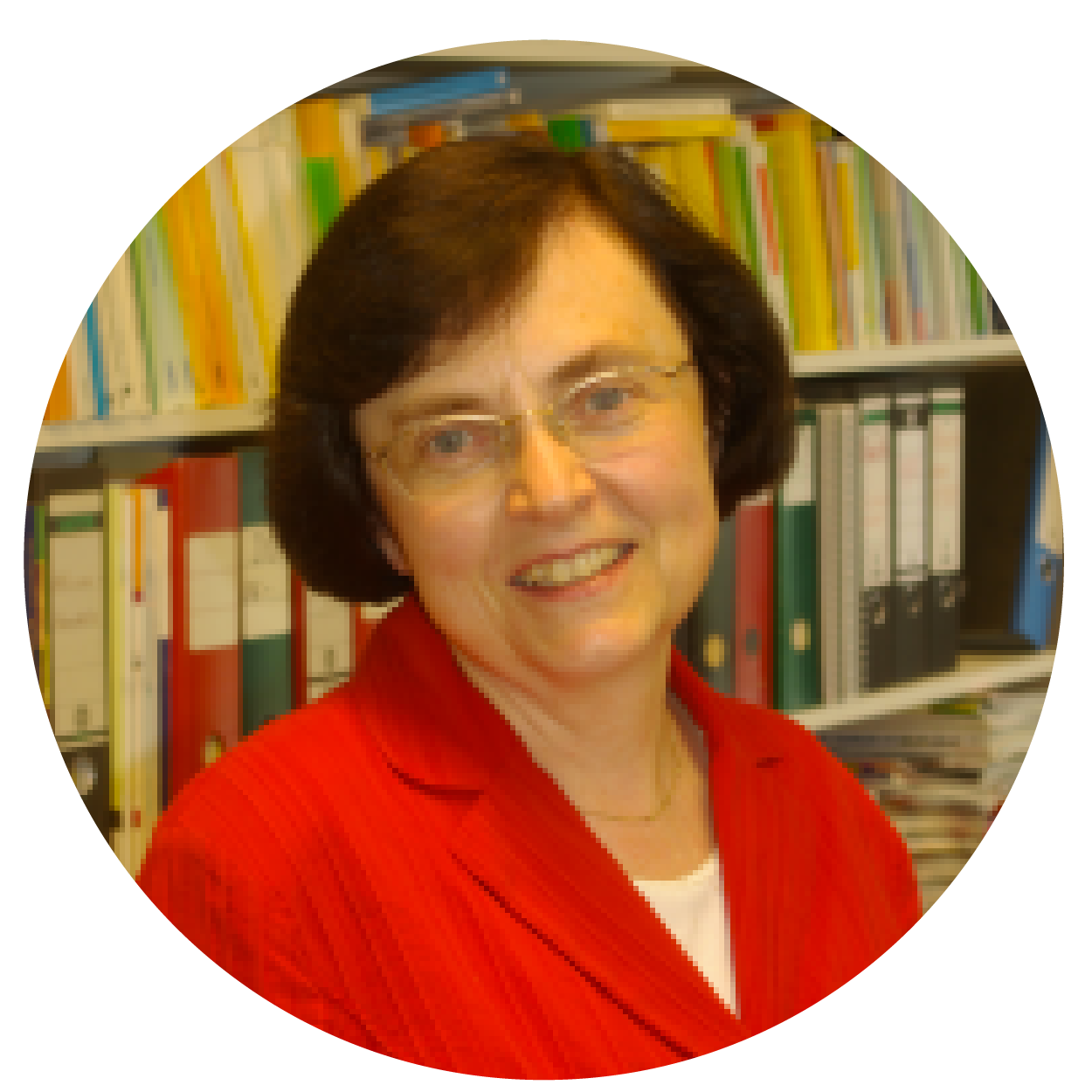
Ingrid Kunze
Doctor of Education (EdD) with a PostDoc degree (Habilitation)
University of Osnabrück. Germany.
Email: ikunze@uos.de

Ingrid Kunze
Doctor of Education (EdD) with a PostDoc degree (Habilitation)
University of Osnabrück. Germany.
Email: ikunze@uos.de
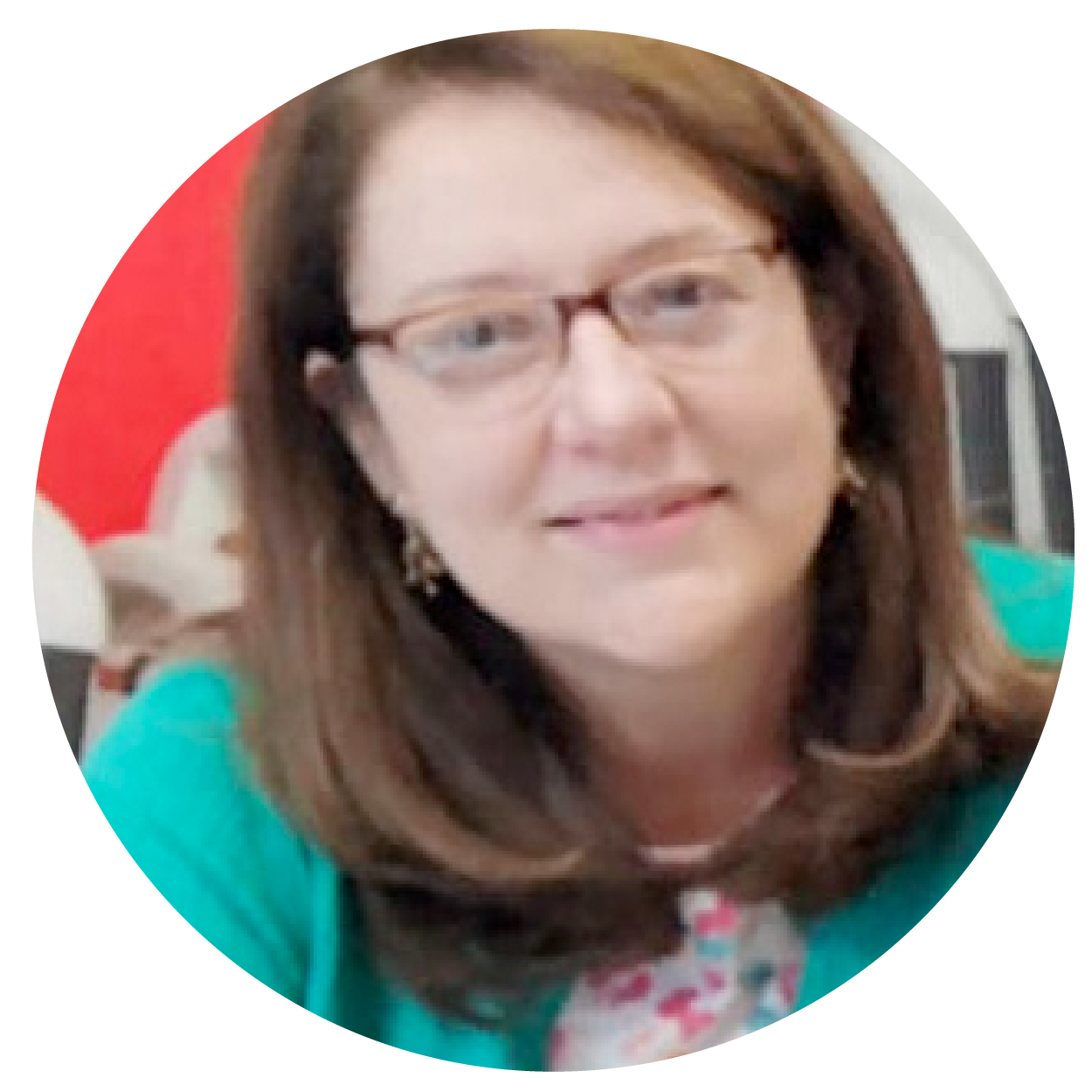
Marie-Claire Vargas Dengo
Doctor of Education (EdD) (UCR)
Center for Research and Teaching in Education. National University.
Email: marie_d_claire@yahoo.com

Marie-Claire Vargas Dengo
Doctor of Education (EdD) (UCR)
Center for Research and Teaching in Education. National University.
Email: marie_d_claire@yahoo.com
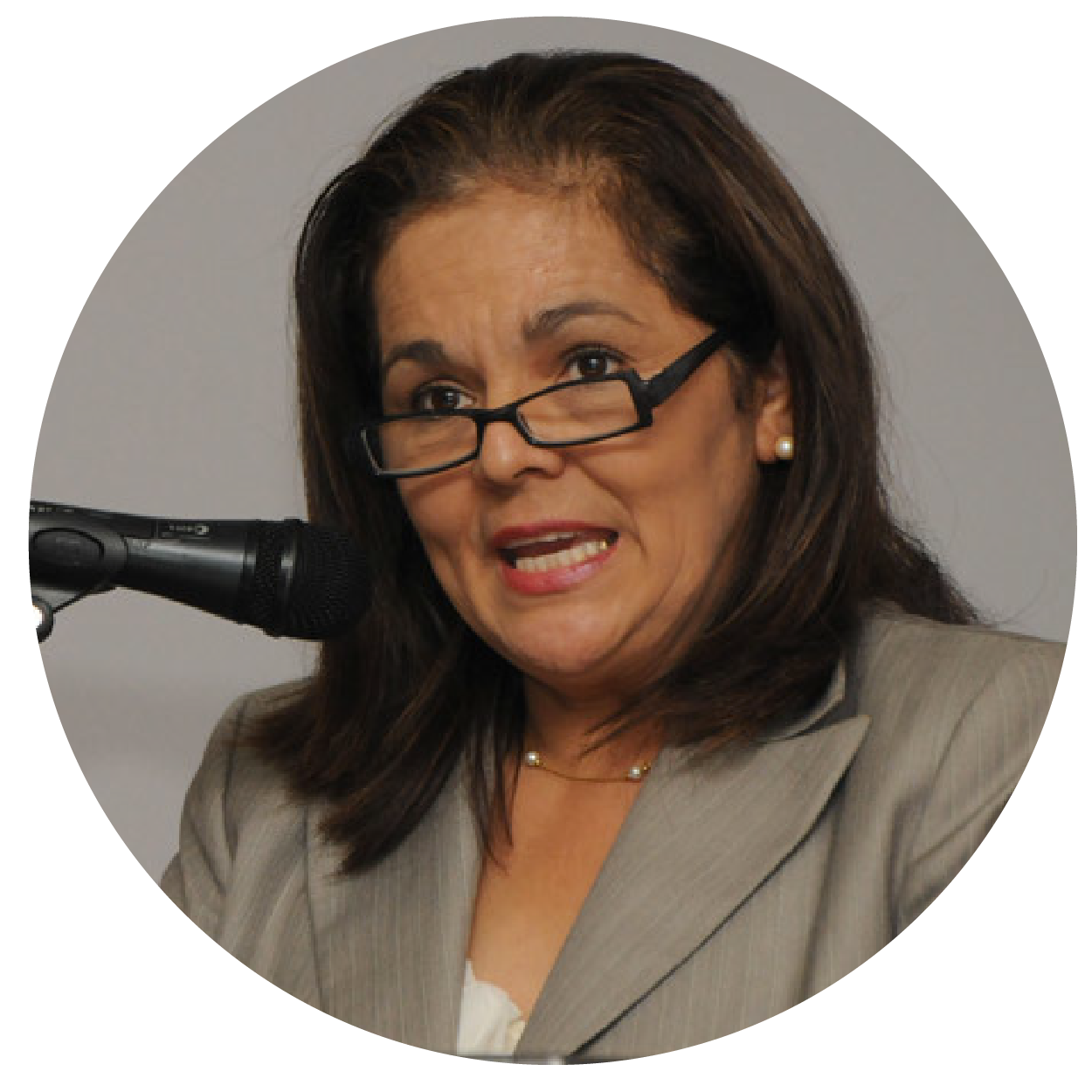
Ana Lupita Chaves Salas
Doctor of Education (EdD)
Institute for Research in Education. University of Costa Rica.
Email: lupitachaves@gmail.com

Ana Lupita Chaves Salas
Doctor of Education (EdD)
Institute for Research in Education. University of Costa Rica.
Email: lupitachaves@gmail.com
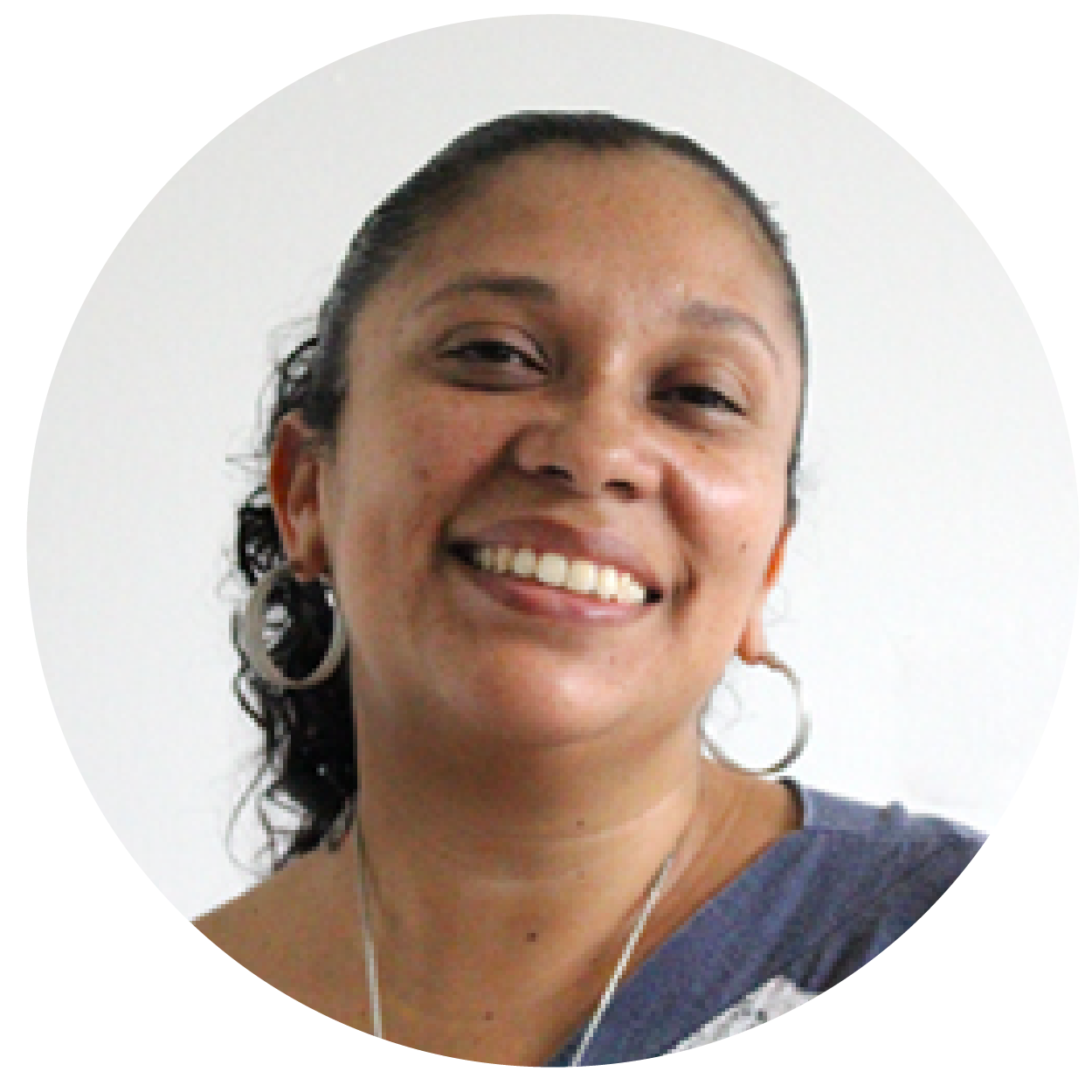
Wendy Páez Cerdas
Licentiate Degree in Social Work
Institute for Research in Education. University of Costa Rica.
Email: wendy.paez@ucr.ac.cr

Wendy Páez Cerdas
Licentiate Degree in Social Work
Institute for Research in Education. University of Costa Rica.
Email: wendy.paez@ucr.ac.cr
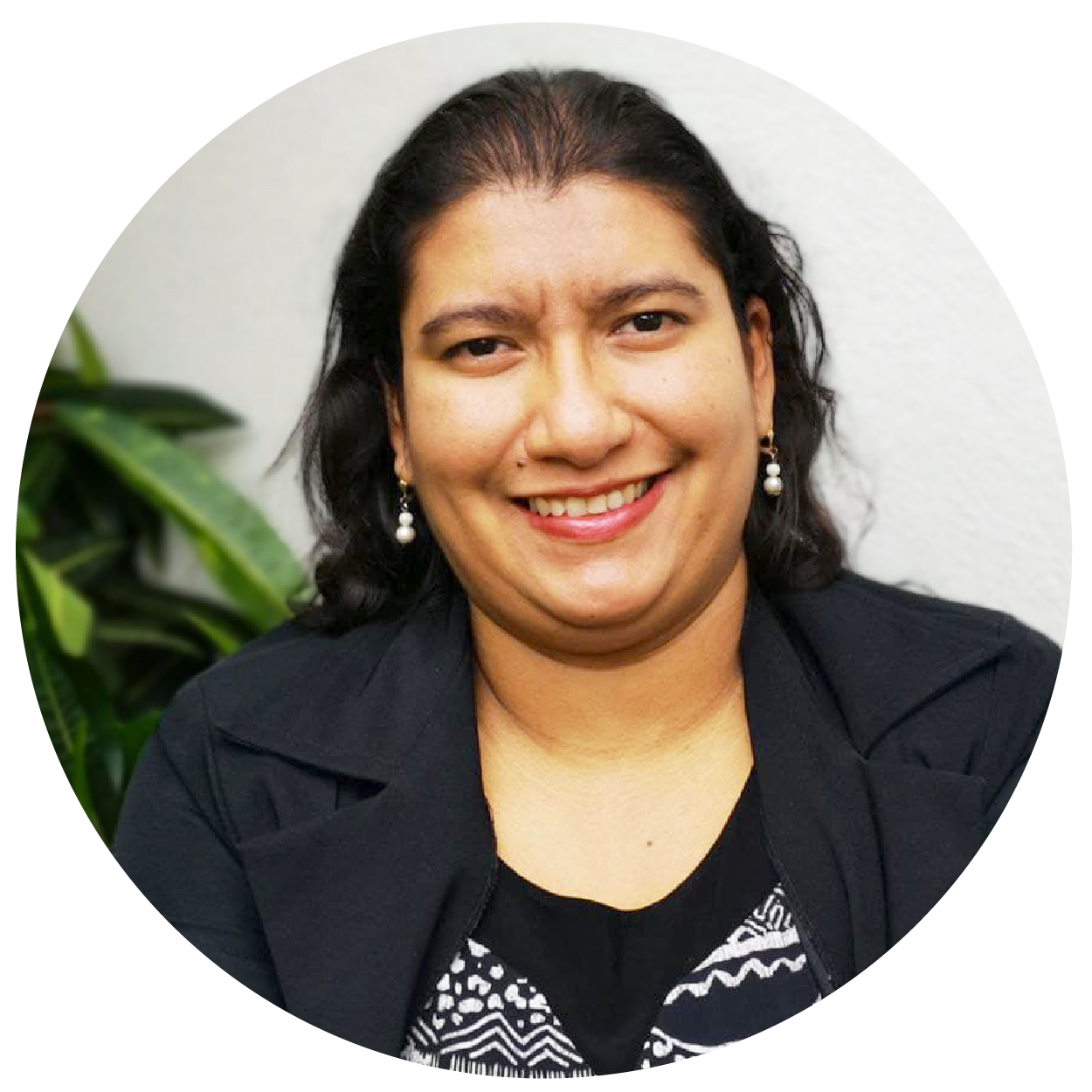
Melissa Valverde Hernández
Bachelor of Statistics and Actuarial Sciences
Institute for Research in Education. University of Costa Rica.
Email: melissa.valverde_h@ucr.ac.cr

Melissa Valverde Hernández
Bachelor of Statistics and Actuarial Sciences
Institute for Research in Education. University of Costa Rica.
Email: melissa.valverde_h@ucr.ac.cr















